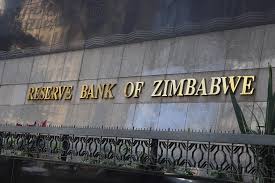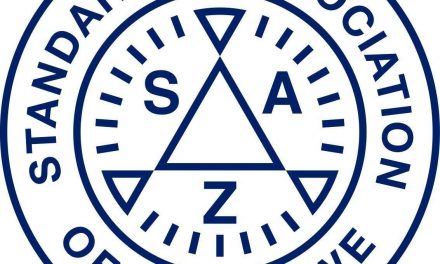The Reserve bank of Zimbabwe decided to start 2021 on a quiet note. In stark contrast to 2020 when the bank was firing from both hips in its battle against the parallel market for foreign currency and anyone they thought may be involved in it including mobile money providers, Zipit, Bureau de changes, banks and the Zimbabwe stock exchange. The bank has been surprisingly clandestine in two particular moves this year; the dissolution of the Monetary Policy Committee and the recent suspension of companies from the foreign currency auction.
MPC changes
The Monetary Policy Committee changes flew under the radar. And the first received about it only came a few weeks later with the resignation or retirement of Eddie Cross being the story. It later was revealed that a new committee had been appointed. Not the sort of thing we have become accustomed to in Mangudya’s time at the helm of the RBZ.
12 companies kicked out
As reported in The Zimbabwe Independent 12 companies were suspended from the Foreign currency because they were believed to be involved in transfer pricing (more on that later) after the fact. What this move has in common with the MPC shakeup is that the RBZ did not use any of its official channels to communicate the move. Gone are the days of publishing an over 100 member list of suspended mobile money transfer agents. The allegations against the companies in question are that they have “diverted funds from the auction to the parallel market through transfer pricing arrangements”. To understand this let us define transfer pricing in principal and why it raises eyebrows though not illegal.
Transfer pricing
Transfer pricing occurs when departments or units of related entities transact. Due to the departments or units being separately run they would treat the related party as an external customer, this makes sense if you consider that the units will usually account separately then be consolidated into the groups’ accounts. The problem arises when transfer prices used between related entities are higher than market prices. When one company pays a related company more than the market price for goods or services it may hint at some mischief. It could be a way to hide other movements of money between the entities that may be restricted for tax or other regulatory purposes. This has happened in the past with multinational companies using transfer pricing arrangements as ways to extract money from related parties tax-free.
The same can be applied to foreign currency priced transactions in Zimbabwe and the 12 companies stand accused of receiving money at the forgiving auction rate of 83.8891 (last recorded) then moving the money to related parties through transfer pricing at parallel market rates between 100 and 120. The company nets a cool profit of up to 50%. Given that the auction system was set up with invoices as supporting documentation for bids, this activity would likely involve invoicing between the related companies as well. The matter is under investigation with the FIU and details are yet to be published fully.
Treasury Bill Auction
In something we are more familiar with the reserve Bank yesterday, Monday the 8th of March conducted a Treasury Bill auction. All you need to know about treasury bills is they are instruments through which the government borrows from the market in large amounts. The timing of the latest T-Bill auction is interesting because we had not seen them for quite some time and just a week ago finance minister Professor Mthuli Ncube had informed us that the government was financing projects through savings. I guess a week is a long time in public finance management. The other motivation for this borrowing may be in buttressing the contractionary monetary policy announced recently. The target was ZWL$400 million and this would be ZWL$400 million less in the market to chase foreign currency and goods. The most recent reserve money update shows an acute ballooning of reserve money towards the end of January to coincide with the spike in inflation that was recorded at the time.
The auction system has managed to hold up well albeit at a time when activity in the country is greatly reduced and therefore foreign currency demand is also suppressed. Allegations continue that the auction is managed or fixed and they gain weight as we see how divorced the auction rate is from the reserve money and other indicators on the ground. As the country gears towards opening up with the arrival of coronavirus vaccines analysts say we should expect the exchange rate pressure to push rates up in 2021.








